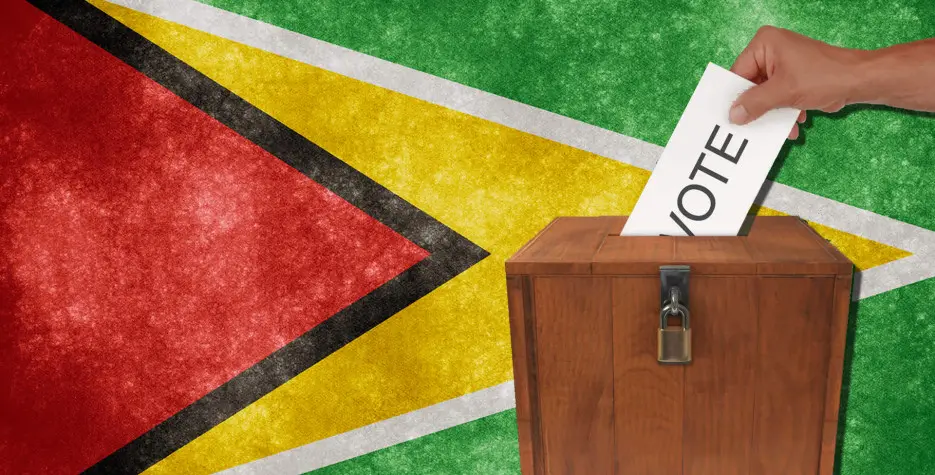The U.S.-based democracy watchdog Carter Center said on Tuesday that while Guyana has adopted reforms to its electoral laws since the controversial 2020 polls, key recommendations remain unaddressed and shortcomings risk undermining public confidence ahead of the Sept. 1 General and Regional Elections.
The 2020 election, which saw multiple attempts to rig the vote tabulation in the largest region, had stretched on for five months before the swearing in of President Irfaan Ali.
In a pre-election statement, the Carter Center welcomed legislative changes introduced in 2022, which were aimed at increasing transparency in tabulating votes and strengthening the voter registration process. But it cautioned that the measures are not well understood by civil society and opposition groups, and urged the Guyana Elections Commission (GECOM) to better explain procedures to the public.
Among the reforms is the decentralization of vote counting in Guyana’s three most populous regions, where supernumerary returning officers will now oversee tabulation at the subdistrict level. The law also requires the simultaneous electronic posting of polling station results and their online publication, with stiff penalties for officials who fail to comply. Political party agents’ rights to observe all stages of the process have also been reinforced.
A Keystone Review: Beyond the Ballot Box, Guyana’s next era | OilNOW
“While these changes could provide greater transparency, The Carter Center calls on GECOM to publish detailed tabulation procedures for the public as soon as possible,” the Center said, noting that clarity is essential to boosting confidence in the process.
The Carter Center flagged ongoing concerns about the size of the Official List of Electors (OLE), which stands at 757,690 names, according to GECOM. It noted Guyana has not yet released results of a 2022 census, making it harder to assess population trends and the accuracy of the OLE. However, it said it received no evidence of OLE inflation.
The statement also pointed to reforms requiring election manuals to be published online, provisions to enhance recount requests, and a new mandate for the Chief Elections Officer to issue a report within 12 hours of results tabulation. Accessibility for persons with disabilities must also now be considered when fitting polling stations.
While commending these legal improvements, the Carter Center stressed that many of its recommendations following the contentious 2020 election crisis remain unimplemented.
The Carter Center deployed a limited observation mission in Guyana in late June and will issue a preliminary report shortly after the election, with a final assessment in the months that follow. e



